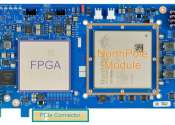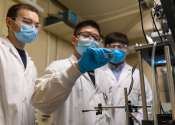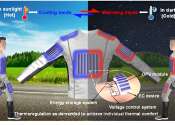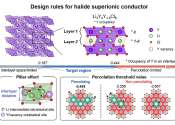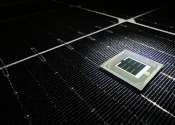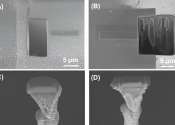Science
Science is the academic journal of the American Association for the Advancement of Science and is one of the world's top scientific journals.
The peer-reviewed journal, first published in 1880, is circulated weekly and has a print subscriber base of around 130,000. Because institutional subscriptions and online access serve a larger audience, its estimated readership is one million people.
The major focus of the journal is publishing important original scientific research and research reviews, but Science also publishes science-related news, opinions on science policy and other matters of interest to scientists and others who are concerned with the wide implications of science and technology. Unlike most scientific journals, which focus on a specific field, Science and its rival Nature cover the full range of scientific disciplines. Science's impact factor for 2010 was 31.364 (as measured by the Institute for Scientific Information).
- Publisher
- American Association for the Advancement of Science
- Country
- United States
- History
- 1880-present (3 series of volumes)
- Website
- http://www.sciencemag.org/
- Impact factor
- 31.364 (2010)
Some content from Wikipedia,
licensed under CC BY-SA
